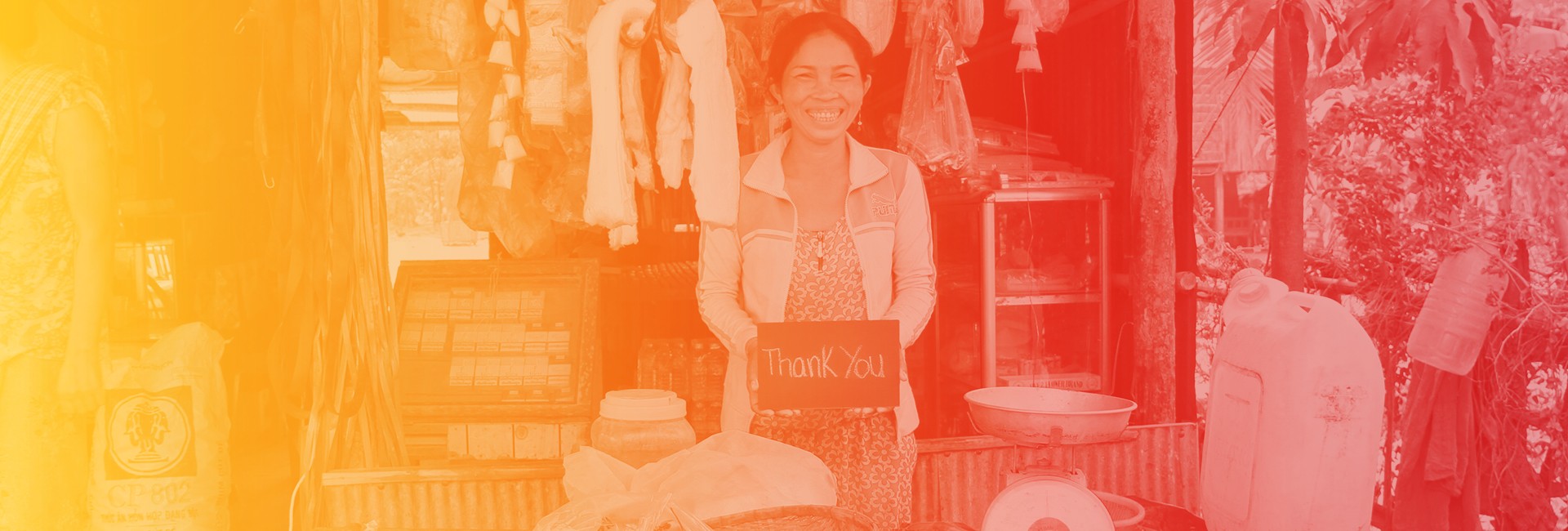By Alison Darcy, Project Officer
Ting Kheav is just 12 years old, yet he already has big plans for the future. Sitting in front of his family’s bamboo house, Ting describes his dreams. “I am saving to go to university. I want to study English and to learn how to use a computer. My dream is to become a leader in my community so I can teach my family, friends and community people the skills that I’ve learnt from my studies”.
Ting lives with his parents and three siblings in the close-knit village of Nhol, a small town in the remote Ratanakiri Province in North-East Cambodia, one of the least developed areas in the country. There are no highways into Nhol, simply pot-holed red dirt roads that are manageable by only motorcycle or foot, during rainy season the village often becomes inaccessible.
Life in Nhol is simple with no running water or electricity. “We collect rain and fetch water from the nearby waterfall for washing, cooking and irrigating the farm”, explains Ting. Like most of their community, Ting’s family are self-sufficient growing all their own food, the family’s small patch of land lined with potatoes, taro and fruit trees.
Like a lot of rural Cambodia, access to financial services for families like Ting’s is poor, with the overwhelming majority of the population not having access to financial services. Trust of financial institutions is low, with many of the population carrying the scars of Cambodia’s dark history where the Khmer Rouge encouraged neighbours and friends to spy on each other and report ‘offences’ such as operating a business or saving money.
CUFA’s Credit Union Development Project has been operating in the Ratanakiri Province since 2012, helping to build and develop not just grass-root savings banks but also working with communities to help build trust and confidence in saving their money in a formal institution. The project not only focuses on working with some of the poorest communities in Cambodia, but also some of the most marginalised such as ethnic communities who are often isolated from the rest of society due to low education levels, language barriers and cultural differences.
Ting and his family are from the Toum Poun ethnic minority, one of the eight hill tribes living in far-flung Ratanakiri region. Ethnic minorities make up approximately 80 per cent of the Provinces population, and are often referred to as Khmer Leou, meaning ‘highlander’.
The son of two farmers Ting is the first from his family to attend school. Now in third grade, Ting at 12 is one of the oldest in his class, his parents at first hesitant to send him to school as they were worried about him mixing with people outside of their community.
We are different from everyone else, tells Ting. For my parents, they hardly left our village because they were too shy and feared what other people think of us, our clothes are different, we speak a different language and most of the time we don’t wear shoes. My parents were scared that if we left our community we’d be bullied and laughed at.
CUFA’s Sovann Nou a local field officer from Ratanakiri has been working alongside with the ethnic communities since 2012, promoting the benefits of financial cooperatives and assisting indigenous members such as Ting’s family to become more empowered and confident to have a say in how their savings banks operate.
Initially the indigenous communities were reluctant to join, they were afraid of mixing with the non-indigenous population and didn’t feel comfortable in speaking to people outside of their community. Sovann speaking the local dialect was integral in creating pathways for the indigenous groups to be included.
Over the past three years financial cooperative membership in the Ratanakiri region has steadily grown, with indigenous communities now comprising almost half of the membership. At 12 Ting is the youngest member of his local savings bank and is the first indigenous child to open an account. It’s great to see that these grass-roots savings banks are growing, says Sovann and that children like Ting are embracing the movement and starting to save and thinking of their future and how they can be influencers of change in their communities.
We’ve seen a 180 degree turn in the way that the indigenous communities are embracing the financial cooperative movement. Just three years ago they were too afraid to speak to someone outside of their community, now they’re stepping up and taking on leadership roles on savings bank committees and having a voice in how their savings bank operates.
It’s a remarkable turnaround of self confidence and the acceptance of cultural differences by members of Ratanakiri province, giving the next generation of Cambodia’s ethnic minority the tools and skills to shape their future as equal members of society.
———————————————-
Now in its third year, CUFA’s Credit Union Development Project helps to build, develop and promote grass-root financial cooperatives in rural Cambodian and Timorese communities that previously had no access to financial services. In the past year cooperatives in both Cambodia and Timor have seen tremendous growth in both membership and savings. Last year, for the first time members now have the ability to borrow money, with financial cooperatives now offering loan products, an important step in helping families like Ting’s to lift themselves out of poverty and become more integrated in society.






